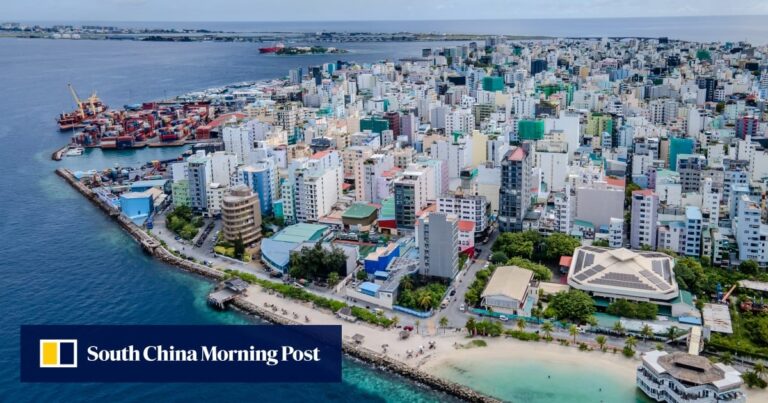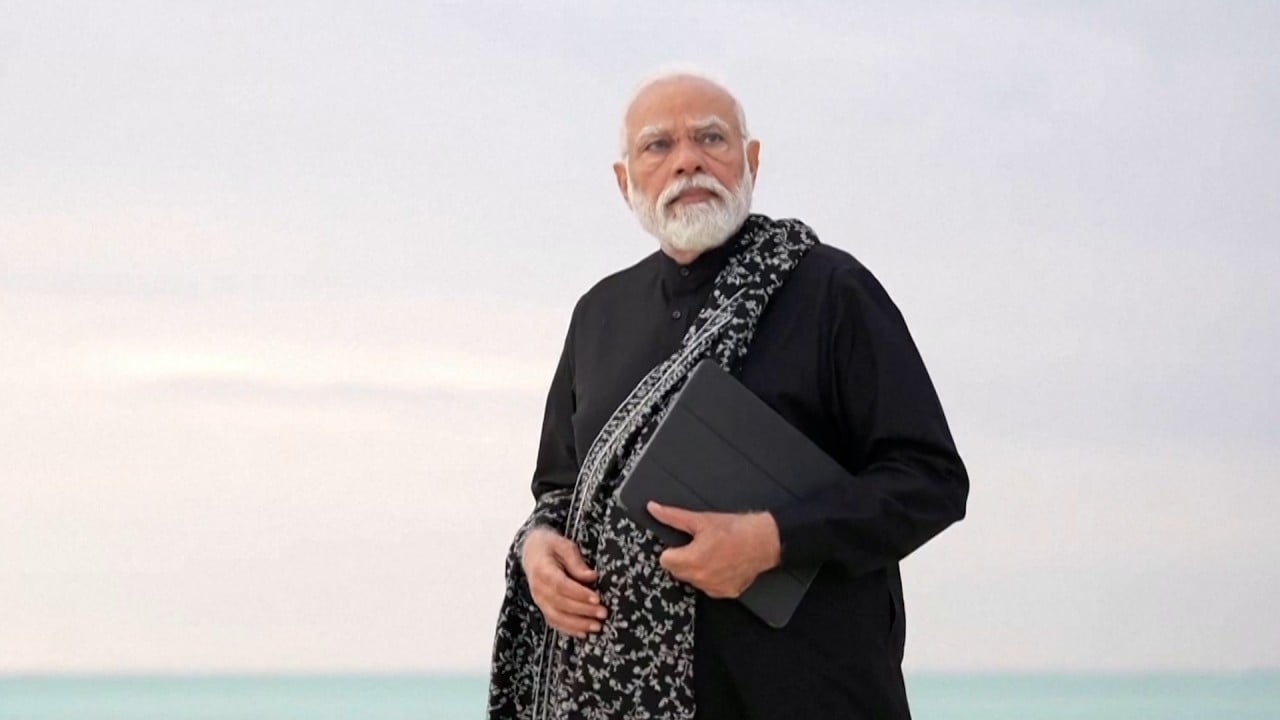“If the Maldives is looking to engage more substantively with India, it is in India’s interest to respond in kind and that is exactly what India is doing,” he said.
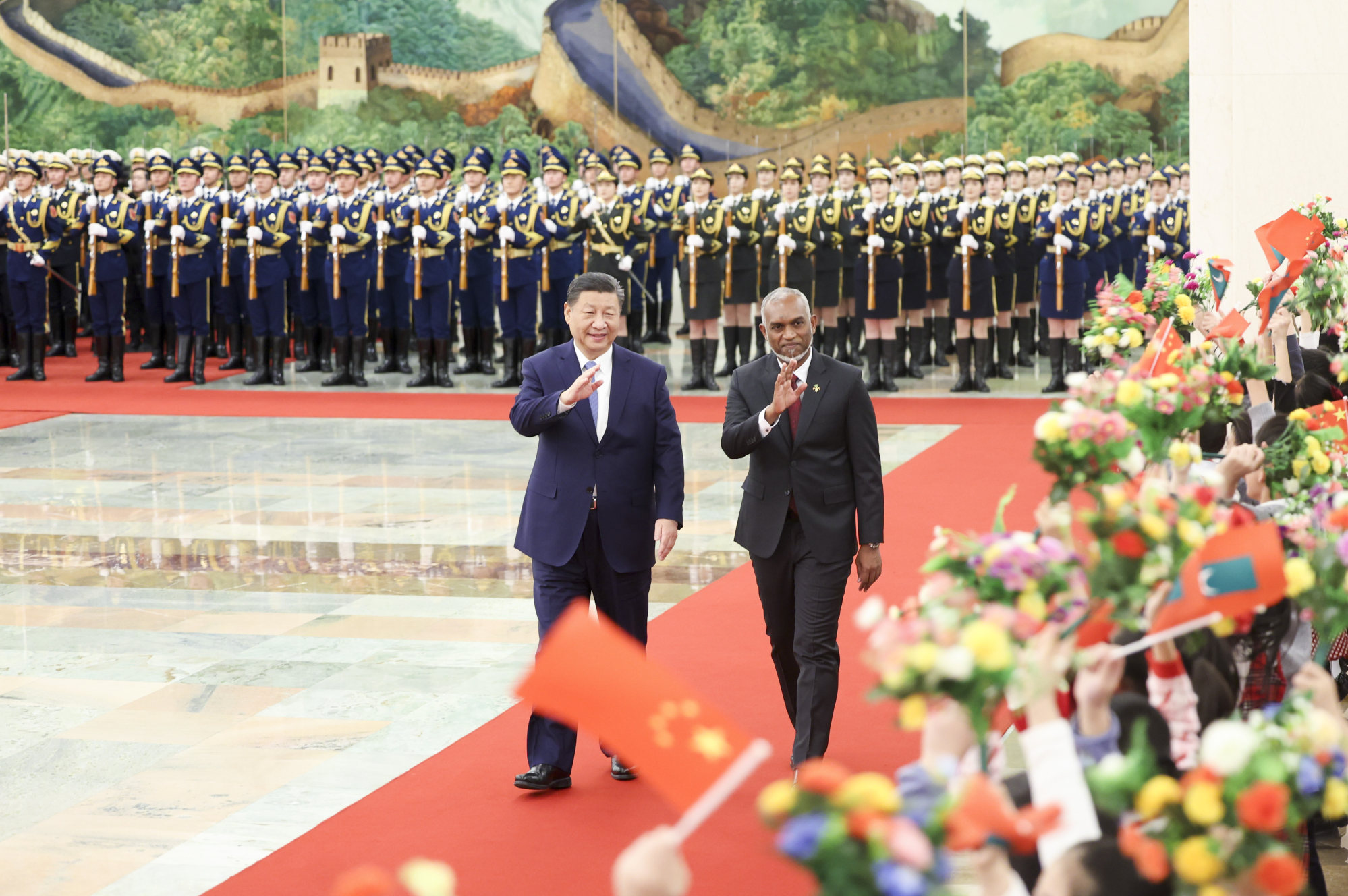
During the visit, India announced that it would extend the maturity date of a $50 million loan to the Maldives in the form of treasury bills by another year to give the country a break on debt repayments.
Analysts say geopolitical considerations mean the Maldives cannot abandon Delhi completely despite Muiz’s pledge to lean towards China and reduce dependency on India.
Pant said China was already using its influence in the Maldives to secure infrastructure projects and pressure the expulsion of Indian military personnel.
But Pant said the Indian government “wisely downplayed” the issue and “even when the Maldives tried to escalate tensions, the Indian government avoided provocation.”
“In the Indian Ocean, there is a need for cooperation between the Malian and Indian governments,” he said. “The Maldives does not want to be overly dependent on any one country, so addressing India’s concerns is a realistic way to address the issue.”
According to the Indian Embassy, India is supporting 65 community development projects in the Maldives, worth 360 million Maldivian rufiyaa (US$23.4 million).
According to embassy data, bilateral trade between India and Maldives crossed USD 300 million for the first time in 2021 and reached USD 500 million in 2022, the last year for which figures are available.
Aditya Godara Shivamurthy, an associate fellow in the strategic studies programme at the Delhi-based think tank Observer Research Foundation, said the Maldives’ “severe economic difficulties” were driving it to negotiate with India and seek a debt restructuring.
“There has been a lot of momentum in promoting development and connectivity between New Delhi and Male. [former president Ibrahim Mohamed] “Solih’s time and the Muizzu administration are trying to cull all the past projects that he found interesting,” Shivamurti said.
He said such projects include the Tilamale Bridge, formally known as the Greater Male Connectivity Project, and housing and community development initiated by the previous administration.
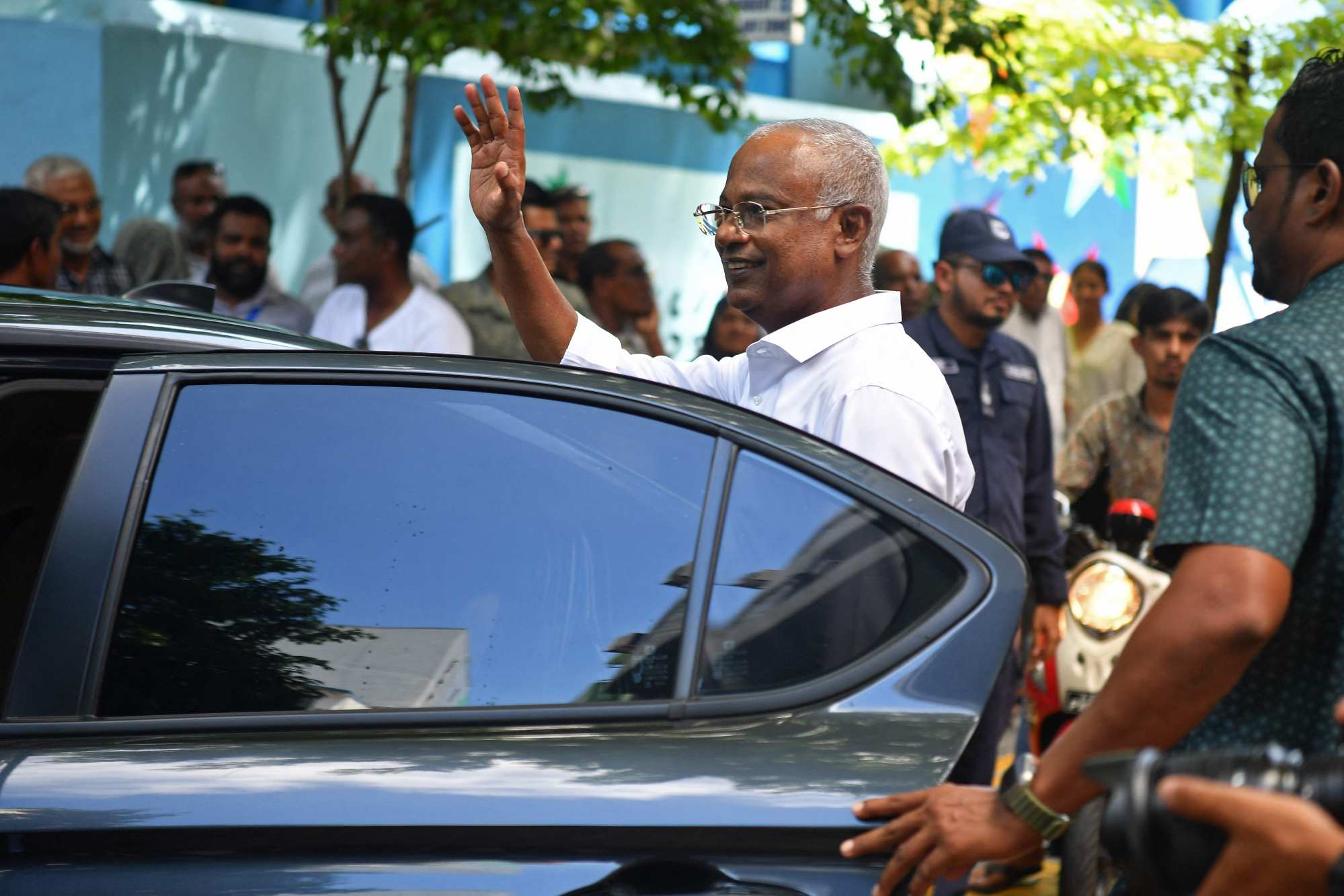
India is also working to conclude a free trade agreement with the Maldives, its Minister of Economic Development and Trade Mohammed Sayeed said last Saturday.
Shivamurthy said the Indian government was concerned about Chinese products being re-exported to India via the Maldives under an existing preferential trade agreement.
“Maldives’ exports are low due to lack of diversification of production. India has never pushed for free trade agreements so far as it has brought little benefit,” he said, adding that new trade talks between China and the Maldives were likely to proceed smoothly under Prime Minister Muizzu.
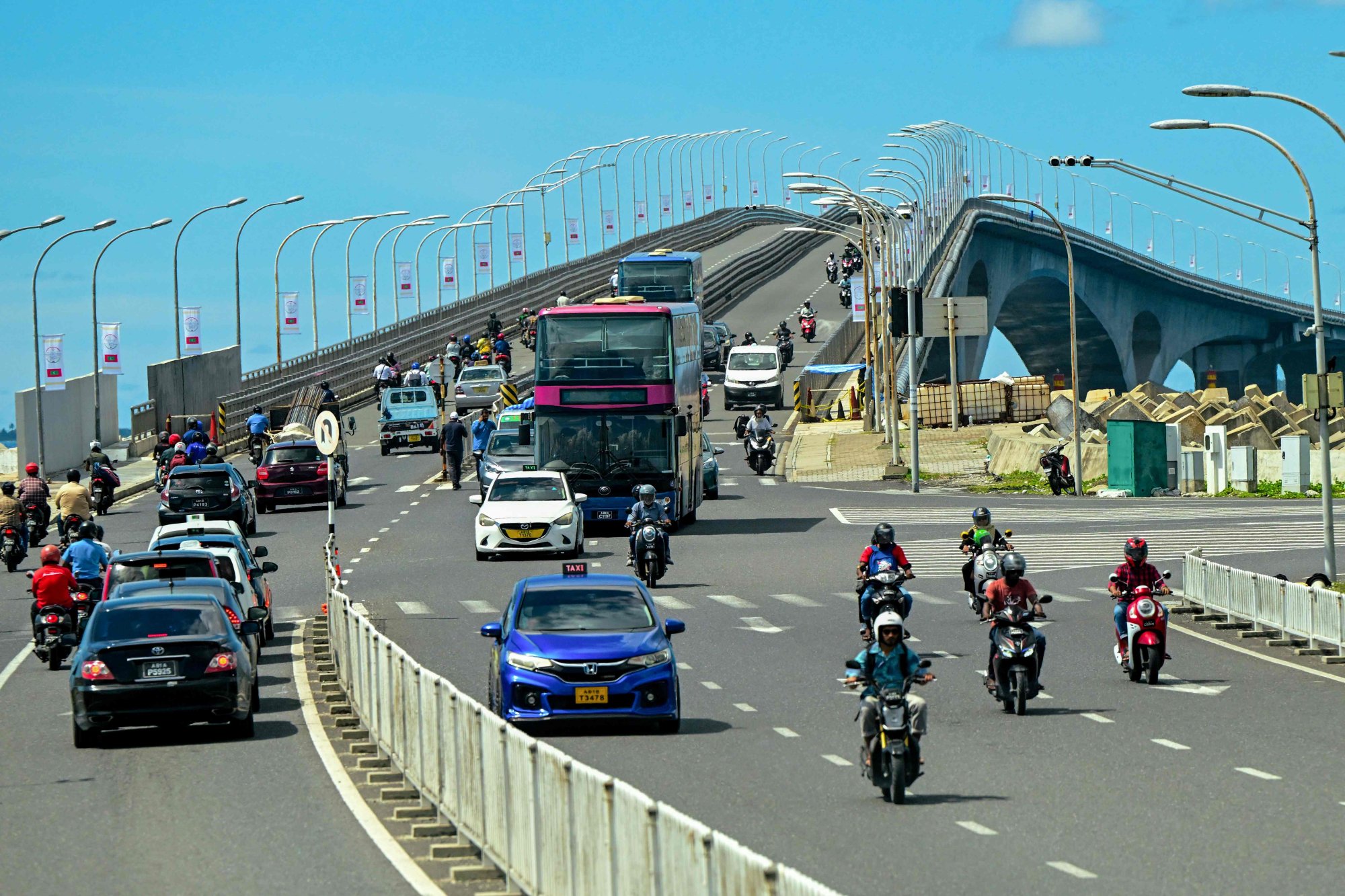
Former Indian naval officer Anil Jai Singh said China aspires to become a power in the Indian Ocean and is trying to gain a foothold in the “strategically important” region.
Singh, who is also vice-chairman of the Indian Maritime Foundation think tank, said the Maldives’ location provides a major incentive for the Indian government to keep the country within its sphere of interests.
He also said China was likely to ask for something in return for any financial and development assistance it provided to the Maldives.
“They are [military] “India will have to set up a base or occupy an island so that its ships can anchor there. This will not be good for India as the Maldives is less than 300 km away,” Singh said.
“That is why India continues to extend a hand of friendship to the Maldives.”
Dr Vinita Levy, an independent researcher in international relations with the Observer Research Foundation, Chennai, said India-Maldives relations needed to be seen in a broader perspective rather than focusing narrowly on China and election rhetoric and promises.
She said relations would continue to improve by focusing on the twin goals of urban development in the Maldives and cooperation on Indian Ocean security.

